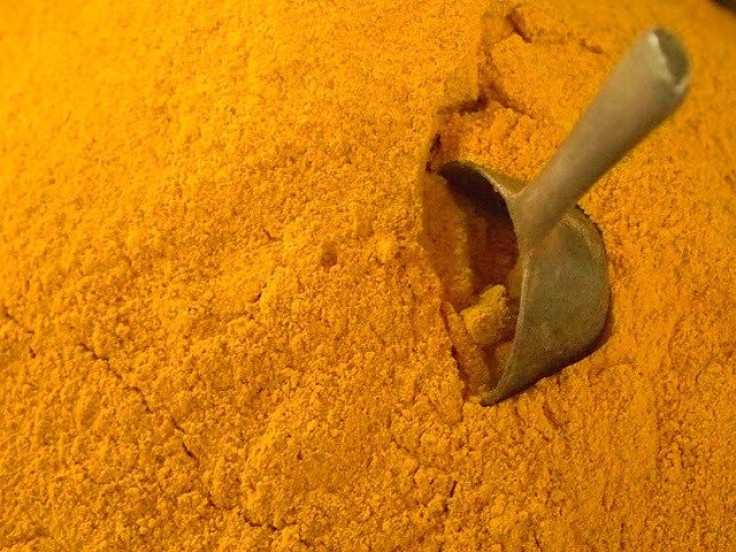Scientists Discover How Curry Spice Strengthens Immune Response in Fighting New Infections

Eating curry may help prevent new infections by strengthening the immune system, scientists say.
A new study found that a compound found in turmeric, an orangy-yellowish spice that is commonly found in South Asian and Middle Eastern cuisine and has been used for 2,500 years in India's traditional Ayurvedic remedies, increases levels of the cathelicidin antimicrobial peptide or CAMP protein that helps the immune system fight off various bacteria, viruses or fungi that the body has never been exposed to.
Previous research has also found that vitamin D can also increase levels of CAMP proteins, the only known antimicrobial peptide of its type in humans that can kill a wide variety of bacteria, including ones that cause tuberculosis and sepsis, a severe condition in which the bloodstream is saturated by bacteria.
However, high amounts of vitamin D in the body can be toxic, and can cause more calcium to be released in the blood leading to hypercalcemia, which can cause symptoms such as poor appetite, nausea and vomiting.
Researchers reporting Friday in the Journal of Nutritional Biochemistry say that the latest discovery could pen new research avenues in nutrition and pharmacology.
"This research points to a new avenue for regulating CAMP gene expression," said Adrian Gombart, an associate professor of biochemistry and biophysics in the Linus Pauling Institute in Cornvallis, Oregon said in a news release.
"It's interesting and somewhat surprising that curcumin can do that, and could provide another tool to develop medical therapies," he added.
Gombart and his team compared the effectiveness of curcumin and omega-3 fatty acids in increasing the expression of the CAMP gene. While omega-3 fatty acids appeared to be useless in increasing the protein, laboratory experiments showed that curcumin nearly tripled levels of CAMP in human cells.
"Curcumin, as part of turmeric, is generally consumed in the diet at fairly low levels," Gombart said. "However, it's possible that sustained consumption over time may be healthy and help protect against infection, especially in the stomach and intestinal tract."
Curcumin, which is known for its anti-inflammatory and antioxidant properties, is also being studied by British scientists as being an effective compound to fight cancer.
Earlier this month, researcher in the cancer trial said that they hope curcumin will increase the success of chemotherapy while reducing side-effects.
"We've shown that [curcumin] has well over 100 mechanisms of damaging cancer cells, particularly colon cancer cells," Professor Will Stewart of England's University in Leicester told the Australian Broadcasting Corporation.
"One of the major mechanisms is affecting the way that they grow blood vessels into themselves," Stewart added.



























